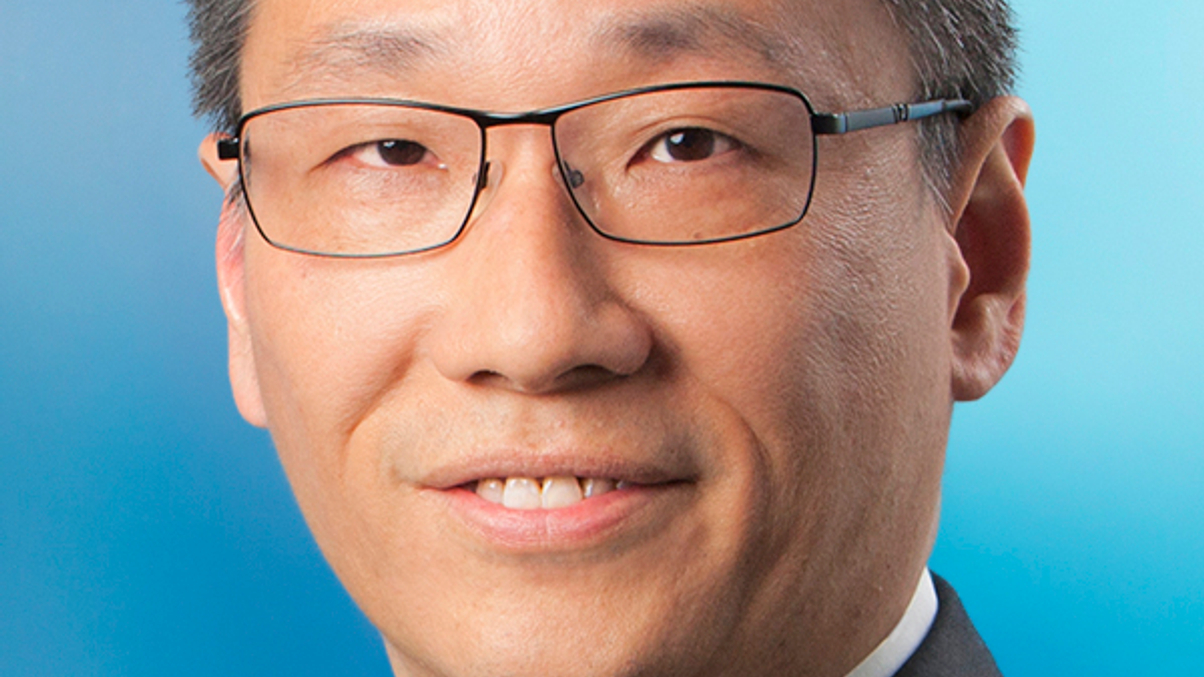Templeton mulls China WFOE with eye on institutions
The fund house says a potential wholly foreign-owned enterprise could act as its institutional client servicing platform in mainland China, marking a step change from the representative office approach.

US fund house Franklin Templeton is considering setting up a wholly foreign-owned enterprise (WFOE) in mainland China in a bid to meet local institutional demand.
Sign in to read on!
Registered users get 2 free articles in 30 days.
Subscribers have full unlimited access to AsianInvestor
Not signed up? New users get 2 free articles per month, plus a 7-day unlimited free trial.
¬ Haymarket Media Limited. All rights reserved.


